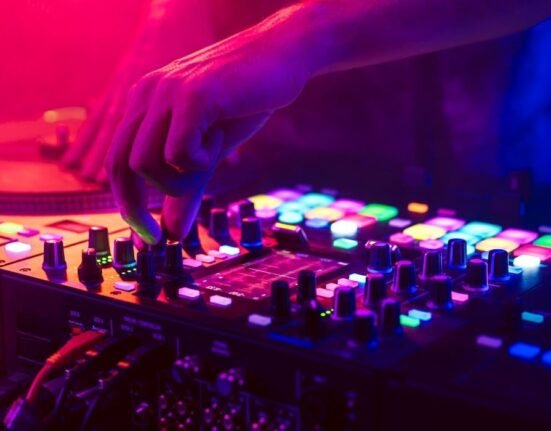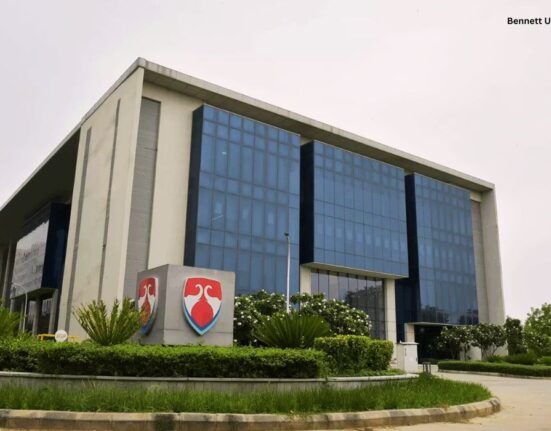New Data Shows Higher Rates of Loneliness Among Transgender and Bisexual Adults Compared to Cisgender and Heterosexual Individuals. According to a recent study published in the journal titled ‘Morbidity and Mortality Weekly Report’, those individuals who identify as bisexuals or transgenders had the highest rates of self-reported loneliness in the United States as of 2022.
At the other end of the gender spectrum lie cisgenders, who are the ones whose gender identity aligns with the sex assigned at the time of their birth. In this research, it was emphasised that in contrast to homosexuals, 32.1% of cisgender people and 30.3% of straight people reported
feeling lonely regularly.
The participants in the study were given questions such as, “How often do you feel socially isolated from others?” or “How often do you get the social and emotional support that you need?” They were also questioned about concerns related to anxiety, depression, and other distress. The findings revealed that bisexual and transgender persons had quite low levels of social support and high rates of loneliness. To give an example, where 22.8% of straight individuals reported a lack of social support, the percentage increased to a stark 36.5% when it came to bisexuals. The bisexuals or transgenders displayed much greater rates of stress, mental discomfort, and depression than heterosexual or cisgender adults.
The team led by Katherine Bruss, an expert who works with the CDC’s National Centre for Chronic Disease Prevention and Health Promotion, said, “Addressing the threat to mental health among sexual and gender minority groups should include consideration of loneliness and lack of social and emotional support.”
According to the team, feeling socially connected to others is beneficial to one’s mental health as it includes “a sense of belonging, and of being cared for, valued, and supported.” Loneliness has long been associated with conditions such as depression, anxiety, heart disease, and diabetes.
Thus, social networks are an important part of one’s well-being.
The team also identified and shared concerns about the shortage of data on loneliness rates in the LBGTQIA+ community. This could be due to a lack of awareness or research negligence in this area. According to the authors, all of these negative tendencies may be reversed. They
believe “developing environments in communities that are safe spaces for relationship building and support for dealing with loneliness and isolation can be beneficial.”
Read More: Why Bisexuals Are More Prone to mental Distress
This mainly includes the medical community, which people of all genders and sexual orientations can frequently turn to when experiencing a mental health crisis. They remarked that “the health care system, including hospital settings, outpatient clinics, emergency departments and other health-care settings, can play a role in raising awareness, promoting a welcoming environment, using gender-neutral and inclusive language, and reducing the stigma around loneliness.”
The consequences of alienation faced by homosexuals are growing day by day. They should be accepted and respected for who they are, irrespective of whether their gender identity aligns with their sexual identity or not. The study has brought to light the need for LGBTQIA+-friendly
interventions once again, and has given significant implications for public health practice as well.













Leave feedback about this